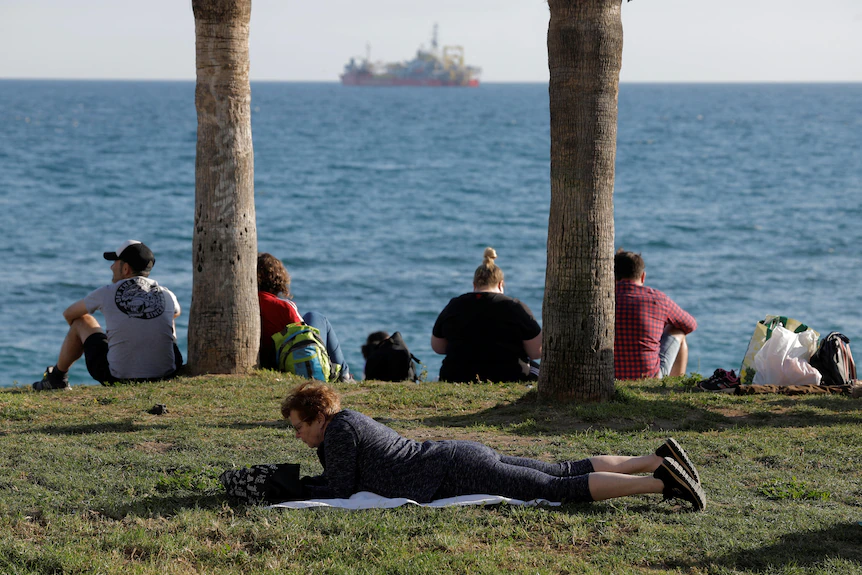Record-breaking winter temperatures have spread through parts of Europe in the new year, prompting environmentalists to demand for speedier action on climate change while providing temporary relief to governments grappling with high gas prices.
Hundreds of temperature records have been broken, from Switzerland to Poland to Hungary, which had the warmest Christmas Eve in Budapest and saw temperatures rise to 18.9 degrees Celsius on January 1.
In France, where the night of December 30-31 was the warmest since records began, temperatures in the southwest reached about 25 degrees Celsius on New Year’s Day. Due to a lack of snow, normally bustling European ski resorts were abandoned.
The weather office in Germany, where temperatures exceeded 20 degrees Celsius, stated that such a mild start to the year had not been seen in the country since records began in 1881.
Read also: Brazil environment minister says govt ready to lead on climate change policy
It was reported that some trees in private gardens were beginning to blossom, while Switzerland’s office of meteorology and climatology issued a pollen warning to allergy patients due to early blooming hazel plants.
The temperature at Bilbao airport in Spain’s Basque province reached 25.1 degrees Celsius. People rested in the sun outside Bilbao’s Guggenheim Museum or went along the Nervion River.
French tourist Joana Host said: “It’s like nice weather for biking but we know it’s like the planet is burning”. “So we’re enjoying it but at the same time we’re scared,” she added.
Scientists have not yet analysed the specific ways in which climate change affected the recent high temperatures, but January’s warm weather spell fits into the longer-term trend of rising temperatures due to human-caused climate change.
t follows another year of extreme weather events that scientists concluded were directly linked to global warming, including deadly heatwaves in Europe and India and flooding in Pakistan.
“The record-breaking heat across Europe over the new year was made more likely to happen by human-caused climate change, just as climate change is now making every heatwave more likely and hotter,” Friederike Otto, a climate scientist at Imperial College London, said.
Temperature spikes can also cause plants to start growing earlier in the year or coax animals out of hibernation early, making them vulnerable to being killed off by later cold snaps.
Robert Vautard, the director of France’s Pierre-Simon Laplace Institute, said that while temperatures peaked from December 30 to January 2, the mild spell that had lasted for two weeks was still not over.
Story was adapted from ABC Net.
